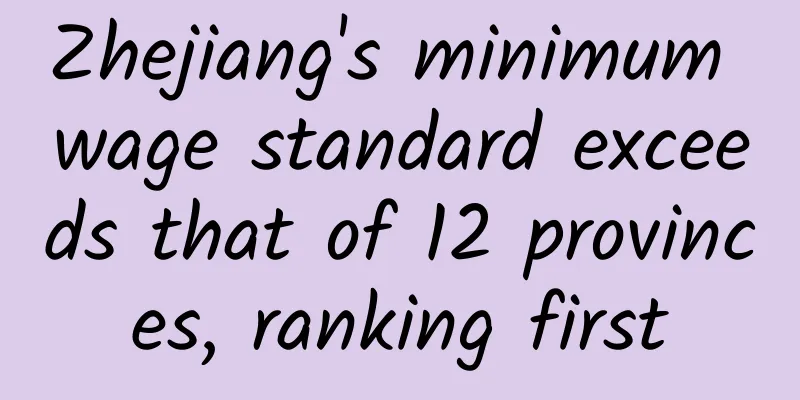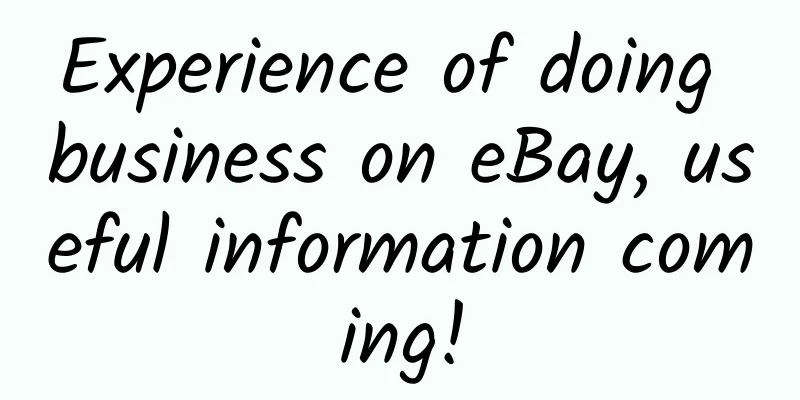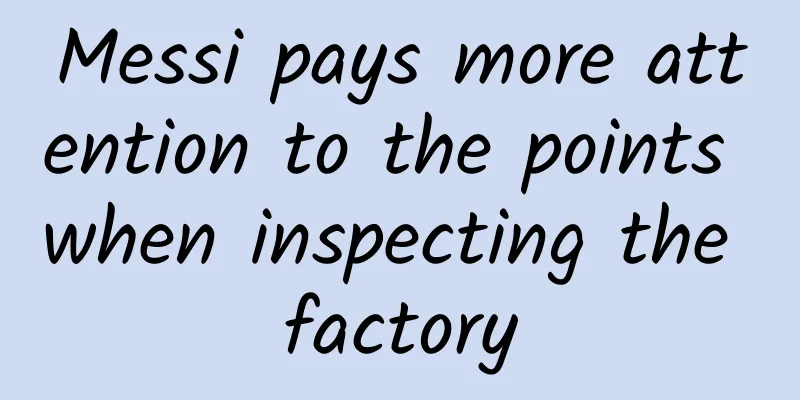6 Misunderstandings of Customers in Factory Inspection

|
1. Think that customers are meddling in other people’s business. Many companies that are new to factory inspection find it completely incomprehensible. If you purchase products from me, I only need to deliver qualified products to you on time. Why should I care about how my company is managed? This is a manifestation of the great differences in the management concepts of Chinese and foreign companies. For example, in quality and technical factory inspections, it is difficult to guarantee product quality and delivery time without a good management system and process. Processes produce results. It is difficult for a company with chaotic management to convince customers that it can stably produce qualified products and guarantee delivery time. 2. Think that factory inspection is just about building relationships. Many business owners are well versed in the Chinese way of doing things and think that factory inspection is just a formality to build relationships. In fact, when customers conduct factory inspections, enterprises must make relevant improvements. Auditors do not have the ability to portray a messed-up enterprise as a flower. After all, auditors need to take photos, copy documents and other evidence back for future reference. On the other hand, many auditing agencies are also foreign companies with strict management. They increasingly emphasize and implement clean government policies, and auditors are subject to more and more supervision and spot checks. If a factory dares to bet on relationships without making actual improvements, it will hit a wall one day when facing various factory inspections. To pass the factory inspection, you must be determined to make improvements. 3. Think that if their hardware is good, they will definitely pass the factory inspection. Many companies often say that if the factory buildings of the companies next door are worse than theirs and they can pass the factory inspection, then they must be able to pass it too. In fact, the factory inspection involves a lot of content, and hardware is only one aspect. There are also many invisible software aspects that determine the final results of the factory inspection. 4. They think that their house is not good enough and will not pass the factory inspection. These factories also made the above mistakes. In fact, as long as the hardware of the enterprise does not have any flaws, such as the structure of the house has a big problem and it really cannot be changed, etc., otherwise the enterprise with poor hardware can also pass the factory inspection by rectification. 5. They think that passing the factory inspection is out of their reach. Many foreign trade companies originated from family workshops with chaotic management. Even if they have just moved into a factory, they still feel that their business management is a mess. In fact, these companies do not need to belittle themselves and reject factory inspections. After the hardware conditions are in place, as long as the management is determined enough, it is entirely possible to change the company's management status in a short period of time, improve management, and eventually pass the factory inspections of various customers. Among the customers we coach, there are too many such cases. Many companies lament that in fact, the cost is not high and the time is not long, but their companies feel that they have completely upgraded. As bosses, they are also confident to lead their traders and foreign customers to visit their companies. 6. Refusing factory inspection requests from customers because they think factory inspection is too annoying. In fact, most companies exporting to the European and American markets have to go through factory inspections. To some extent, refusing factory inspections means refusing orders and better development. Many companies came to Shanghai Mingao and said that they had refused every time traders and foreign customers asked for factory inspections. However, after a few years, they found that their orders were getting fewer and fewer and their profits were getting thinner and thinner, while the surrounding companies that were once at the same level had developed rapidly over the past few years due to frequent factory inspections. A company that has never had a factory inspection may have received orders secretly subcontracted by other companies that have passed the factory inspection. They are like submarines that have never shown up on the customer side, and ultimately the customer never knows the existence of this company. The living space of such companies will become smaller and smaller, because many large customers strictly prohibit unauthorized subcontracting, so the possibility of them receiving orders is getting smaller and smaller. On the other hand, even if the orders are secretly subcontracted, the already low profits will be even slimmer. Moreover, such orders are very unstable, and the upstream company can always find a factory with a better price and be replaced. |
<<: Eight Misunderstandings about Corporate Social Responsibility
>>: SA8000 certification requirements for fire extinguishers
Recommend
What is blog marketing promotion? What are the characteristics of blog marketing promotion?
Blog marketing, as a simple and effective promoti...
Common fire safety issues and solutions during BSCI factory audits (VI) Firefighting equipment and fire extinguishers are blocked by debris
Problem phenomenon: Fire extinguisher is blocked ...
What is Subito? What is prohibited by Subito?
What is Subito? Subito.it is a well-known classif...
Indian online fashion platform Voonik receives $20 million in Series B funding
Indian online fashion platform Voonik received $2...
What is Postman Pony? What services does Postman Pony have?
What is the Postman Pony? Postman Pony is a one-s...
Useful Information | What are some good operational ideas for eBay?
For sellers who have just started selling on eBay...
How to correctly handle child labor and historical child labor during factory inspections
How to deal with child labor if it is found durin...
Application of HACCP Certification in Canned Food Production
Canned food is a key product in China's food ...
What is the RetailEasy system? What are the advantages of the RetailEasy system?
Shanghai Chuangye Information Technology Co., Ltd...
What information is needed to register in Lazada? How to register in Lazada?
What information is needed to register on Lazada?...
Nine eBay operation guidelines for cross-border e-commerce sellers
As we all know, eBay is one of the world's to...
GRS factory audit related environmental part list
GRS factory audit environmental policy. 36. Envir...
What is a barge? How are barges classified?
Barges are cargo ships that have no self-propulsi...
How is Alibaba AI real-time translation? What are the characteristics of Alibaba AI real-time translation?
How about Alibaba AI real-time translation? The A...
What is Saihe Technology? What are the functions of Saihe Technology?
Shenzhen IrobotBox Technology Co., Ltd. (IrobotBo...









